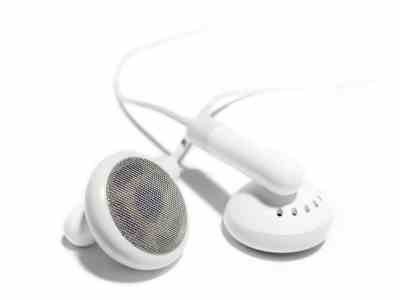Following are the IELTS Speaking topics appeared in subsequent IELTS Exam. Practice these topics for better result in IELTS Speaking module. Before giving you a topic to speak out the examiner will ask you to introduce your self. Don’t precise your introduction. Introduce your self with full name, living place, what is special about it and compare your hometown with another town.

1. Describe a traditional instrument in your country?
2. Describe an important festival in Iran / Home country. When is it? What do people do then?
3. Describe a traditional garment in your country?
4. Describe a historical place in your country. Where is it? What is special about it?
5. Talk about mass media. Newspapers and their attractions for you.
6. Why do people play games?
7. What don’t you know about your future?
8. Describe an invention before or after computer. Should the governments support inventors? Why do inventors invent?
9. Name a book, film, or a piece of music that you like most and say why.
10. Why always women cook and men do not in your country? Which is a better cook, a man or a woman?
11. What is fashion? Do you follow fashion? Why do people follow fashion? How do people in your country follow fashion?
12. Describe the traditional Architecture of your country. Is there something special about it?
13. Discuss the factors affecting people to have more or less children in your country.
14. What is Brain drain? What are the causes and effects of it?
15. Compare the role of men and women in your country.
16. Give reasons why the divorce rate has or has not increased in your country.
17. Describe a traditional dish in your country. What are the ingredients?
18. Discuss why you would like to visit a particular country. When are you going to visit it and why?
19. Compare traditional houses with modern houses in your country.
2. Describe an important festival in Iran / Home country. When is it? What do people do then?
3. Describe a traditional garment in your country?
4. Describe a historical place in your country. Where is it? What is special about it?
5. Talk about mass media. Newspapers and their attractions for you.
6. Why do people play games?
7. What don’t you know about your future?
8. Describe an invention before or after computer. Should the governments support inventors? Why do inventors invent?
9. Name a book, film, or a piece of music that you like most and say why.
10. Why always women cook and men do not in your country? Which is a better cook, a man or a woman?
11. What is fashion? Do you follow fashion? Why do people follow fashion? How do people in your country follow fashion?
12. Describe the traditional Architecture of your country. Is there something special about it?
13. Discuss the factors affecting people to have more or less children in your country.
14. What is Brain drain? What are the causes and effects of it?
15. Compare the role of men and women in your country.
16. Give reasons why the divorce rate has or has not increased in your country.
17. Describe a traditional dish in your country. What are the ingredients?
18. Discuss why you would like to visit a particular country. When are you going to visit it and why?
19. Compare traditional houses with modern houses in your country.
20. Discuss why you like a special kind of book, music, sports, or film.


